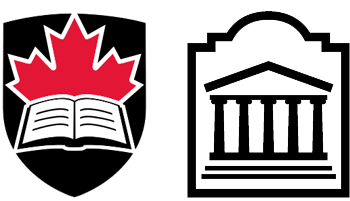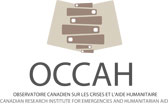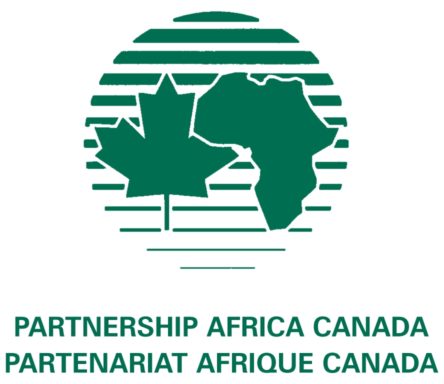CONFERENCE ANNOUNCEMENT and CALL FOR PAPERS:
MIGRATION/REPRESENTATION/ STEREOTYPES
The omnipresence of stereotypes in the age of global migration is increasingly evident both at the level of governing structures and in everyday practices. Stereotypes, as Patrice Pavis tells us, stem from “preconceived ideas and unverified truisms” (369). In the context of migration, both historically and today, the use of stereotypes to characterize the migrant – whether it be a figure of suffering or a source of danger – can influence, polarize, and even radicalize public opinions and discourses. The influence of social media and political narratives, as well as literature and the arts, can be both productive and dangerous when it comes to our evaluation of a new migrant, refugee, asylum seeker, or exile as a neighbour, business partner, colleague, or friend. This is especially true in a world of increasing global conflicts and terrorism, neoliberal markets, and newly emerging nationalist agendas. This international, interdisciplinary, and bilingual conference aims to address the questions of the (ab)use of stereotypes when it comes to the representation of migration and refugees in various public discourses, both historically, conceptually and practically.







